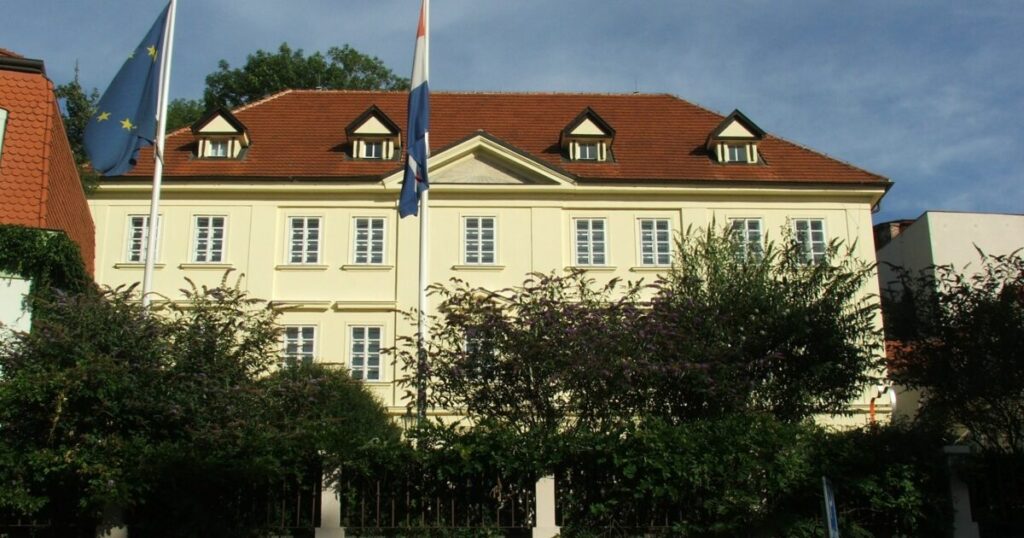2SCALE, one of Africa’s largest incubator and accelerator programmes for inclusive agribusiness, recently hosted leading voices in agriculture, finance, development, and the public sector in Lagos towards Sustainable Clusters in Agribusiness through Learning Entrepreneurship.
The event, themed ‘Inclusive Agribusiness in Nigeria: A Public-Private Dialogue,’ brought together leaders from agriculture, finance, development, and government to promote sustainable agribusiness through entrepreneurship and collaboration.
The forum, hosted by 2SCALE and supported by the Consulate-General of the Kingdom of the Netherlands in Lagos, served as a vital platform for cross-sector dialogue on enhancing food security and sustainability by integrating smallholder farmers, youth, and women into inclusive and profitable agricultural value chains.
In her opening remarks, the Programme Director at 2SCALE, Marina Diboma, hailed the 13-year journey of the initiative, which has enabled inclusive agribusiness models across Nigeria and nine other African countries.
“Our goal has never been just about increasing yields,” Ms. Diboma said. “It’s about empowering local entrepreneurs, strengthening market linkages, and embedding inclusive approaches within public and private sector systems. Each farmer, each SME we’ve worked with is a story of innovation and resilience.”
She also unveiled the 2SCALE Interactive Magazine, a digital documentation of the programme’s impact, and premiered the powerful new documentary, ‘Food Soldiers: Promoting Food Security in Africa.’
The 30-minute film follows the journey of a Nigerian photojournalist, uncovering the drivers of hunger and the growing movement of grassroots solutions led by farmers, agribusiness champions, and development actors. It also traces regional stories from Nigeria to Republic of Benin and Mali, drawing attention to the transnational nature of food insecurity and the people working to reverse it.
Consular-General of the Embassy of the Kingdom of the Netherlands, Michel Deleen, reaffirmed the Dutch government’s long-standing support for food systems transformation in Africa.
He said, “While insecurity, volatile commodity prices, high cost of inputs/workforce, and limited working capital continue to affect Agribusiness progress in Nigeria and Africa, Public- Private Dialogue and partnership remain key to ensuring progress.
“Resilient food systems require resilient partnerships. Through 2SCALE, we have seen that when public and private sectors genuinely work together, co-investing, co-designing, and co-owning solutions, lasting progress is possible.”
On 2SCALE’s impact in Nigeria was highlighted by the Country Team Lead, Maxwell Olitsa, who shared that in the second phase of the programme from 2019 to 2024, over 470,000 low-income consumers now have access to affordable and nutritious food.
He continued, “More than 166,000 smallholder farmers (50% women, 40% youth) have been supported, 95,108 hectares of farmland are now under eco-efficient practices, over 12,000 jobs have been created, exceeding the original target threefold, and more than 35 green innovations were piloted with local partners.”
Olitsa also referenced 2SCALE’s support to SMEs, cooperatives, and agribusiness clusters across sectors, including dairy, cassava, maize, vegetables, and oilseeds.
Meanwhile, the Group Head, Agric Finance & Solid Minerals Group, Sterling Bank Plc, Olusola Obikanye, highlighted the intervention of financial institutions for farmers and agripreneurs to execute various innovations that enhance food security.
In his remarks, the Managing Director of the Bank of Agriculture, Ayo Sotirin, commended the programme’s reach and reiterated the bank’s commitment to scaling up access to finance for smallholder farmers.
“We are working on digitising farmer data, issuing unique IDs, and launching credit scoring systems based on land assets and performance. These innovations will allow our farmers to access credit more easily and more transparently,” Sotirin stated.















